What is it?

A wonderfully simple motorcycle. Or at least as simple as a near Rs 8 lakh motorcycle can get. It barely has four body panels – barring the fuel tank; only has ABS in the name of electronics; and there are no fancy features either –there’s underseat USB charging, an adjustable front brake lever and a menu that allows you to turn the ABS off, and that’s it.
The Ducati Scrambler (here as the Icon, the most affordable of the four versions of the bike) is also a very cool motorcycle; probably the coolest bike on the market today. For one it is simple, just the way nature intended motorcycles to be, and second it is gorgeous to look at. Again, there’s no real design flair here; take the fuel tank, the seat, the lights or the overall profile, and it’s all pretty simple. But, it has been executed with such purity and honesty one can’t help but fall in love with it.
And, of course, it takes you back in time when scramblers weren’t just custom shop sketches or lifestyle posers; these were your everyday rides that also allowed you some fun off the road on any given Sunday…
How does it ride?

Simple. Easy. Likeable. Friendly. And I could go on. The point is, the Ducati Scrambler might be a 803cc, L-twin, air cooled Ducati with almost 75bhp of power. But, on the road, with its low seat height (that allows one to place both feet firmly on the ground when seated) and lovely weight balance, it feels anything but intimidating. In fact, once you swing a leg over and get moving you will be smitten by how natural the Scrambler feels to ride, the high and wide handlebar notwithstanding. It also feels a lot lighter than its 186kg weight might suggest.
But, you must get past its snatchy throttle response first. For a bike that’s meant for a wider populace, we just didn’t understand the point of having the throttle configured for someone with outstanding throttle control; it’s unnecessarily sensitive, jerky, and completely pointless. The engine itself, in typical Ducati fashion, is a little crude sounding. It’s not exactly vibe-free either. And there’s some heat from the engine that one must learn to live with, particularly in the city.

But, get past the lurching throttle and the vibey engine and there’s so much to like. Give the Scrambler gas and you will be pleasantly surprised by how quick it is. It loves to stand up in first at the slightest provocation. It also goes through its rev band (which, we agree, isn’t exactly wide) pretty quickly, never letting off even after you have crossed 150kmph in fifth. Okay, it doesn’t take off the line with tyre-shredding ferocity, but it is quick enough to put a smile on your face every time you open it up.
The Scrambler with it size, its low seat height, and the up and wide handlebar might seem like a bike meant solely for the city – where it feels lovely by the way with its light-footedness, reasonably tight turning circle and willingness to be pushed back out of parking without external help (unless you are really underfed) – but, it’s pretty much at home on highways and switchbacks as well.

It doesn’t have any sort of wind protection, so one can’t keep high cruising speeds on the highway for the windblast will tire out the rider in no time. But, keep the bike around 120kmph or thereabouts, and the Scrambler can work as a tourer, no question. It has solid brakes, planted ride, a reassuring chassis and suspension setup, and comfy seating posture. The only drawback – and we figured this less than an hour into our ride – is the seat. It’s soft and it could have been better shaped as well. Ride the Scrambler for long and you are going to end up with a sore behind. Guaranteed.
Now to the twisty bit. The Ducati Scrambler Icon might get on-off road tyres, but convince yourself that these tyres will work on the road (because they do wonderfully well), and it’s amazing how much lean the Scrambler can achieve. Plus, the bike feels small and tight around you; it feels connected and manageable; and even though the front forks are a little raked out, there’s no dearth of feel from the front end. It changes directions with ease and not once did it feel too ungainly, even around tighter bends.
Anything else I should know?

Yes. The Ducati Scrambler does come pretty close to being a scrambler as well for it does work off the beaten track. Again, its good weight distribution, its feel-some chassis, its clearance, and those Pirelli tyres work superbly on trails as well. Okay, it’s easier to overwhelm the Pirellis off-road than on it, but they never feel slippery or inadequate. The downside? The Scrambler isn’t the easiest to stand up and ride; something one needs and appreciates when riding on trails.
Another negative for the Scrambler has to be its low speed ride quality. The Ducati doesn’t get adjustable suspension and at slow speeds, it is setup a bit stiff. It isn’t back breaking, but it also isn’t something you’d look forward to after a tiring day of work.

Finally, the brakes. The Scrambler gets a single, large disc (read 330mm) upfront with a radially mounted Brembo caliper. The brake bite, progression and feel are excellent from the front. And knowing you have the ABS safety net, you can get really hard on the brakes and getaway with a lot. The rear in comparison is a bit wooden, but that’s no cause for concern really. Note: If you are riding off-roading, though, it’s best to switch off the ABS.
Should I buy one?

It’s a no brainer. Yes, you should. I know of people who want to buy the Scrambler Icon based on its looks alone. Of course, these aren’t motorcycle people and ended up spotting and loving the bike in a Pepsi ad and not a Ducati commercial! But even for those who love and appreciate motorcycles, the Ducati Scrambler works fine. It is a great bike to upgrade to for bullet, KTM and other up to 500cc bike owners. It is easy, it is fast, and it is fun. But, the fact that it is versatile is why we would buy one.
Where does it fit in?

At Rs 7.55 lakh on the road in Mumbai, the Scrambler Icon goes up against the likes of the Triumph Street Twin and the Kawasaki Versys 650. The Triumph comes with more electronics and is a newer bike. But, we haven’t ridden it and can’t say if it all works or if the bike is any good. We have, however, ridden the Kawasaki. And extensively at that. It might not be as at home off the road as the Ducati – given its road bias tyres – but when it comes to touring or even commuting, the Versys is a very capable and comfortable motorcycle.
Photography by Kapil Angane
Gallery
1/37
Ducati Scrambler Icon First Ride Review
Double Tap to Zoom

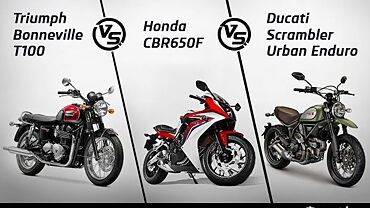

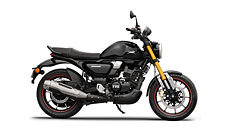
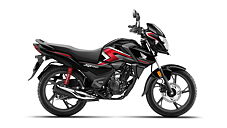
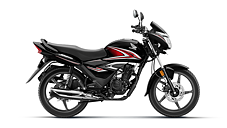

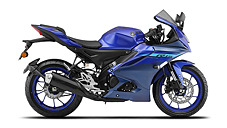
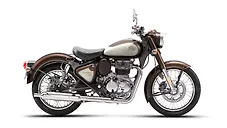
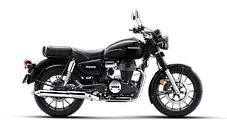
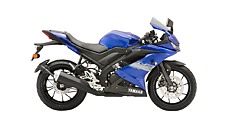
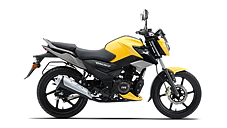
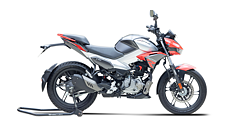
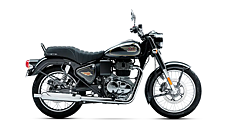
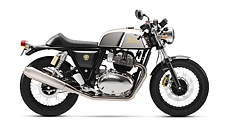
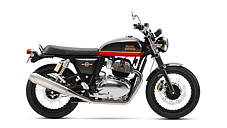
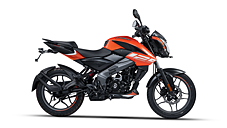

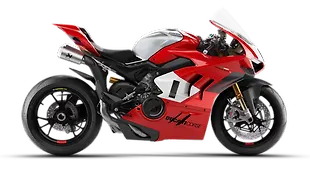
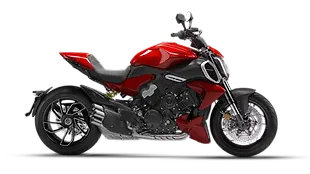




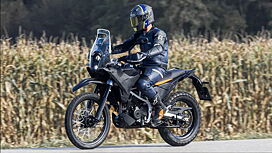
![KTM 390 Adventure X [2025] KTM 390 Adventure X [2025]](https://imgd.aeplcdn.com/272x153/n/cw/ec/190885/390-adventure-x-2025-right-side-view.jpeg?isig=0&q=80)